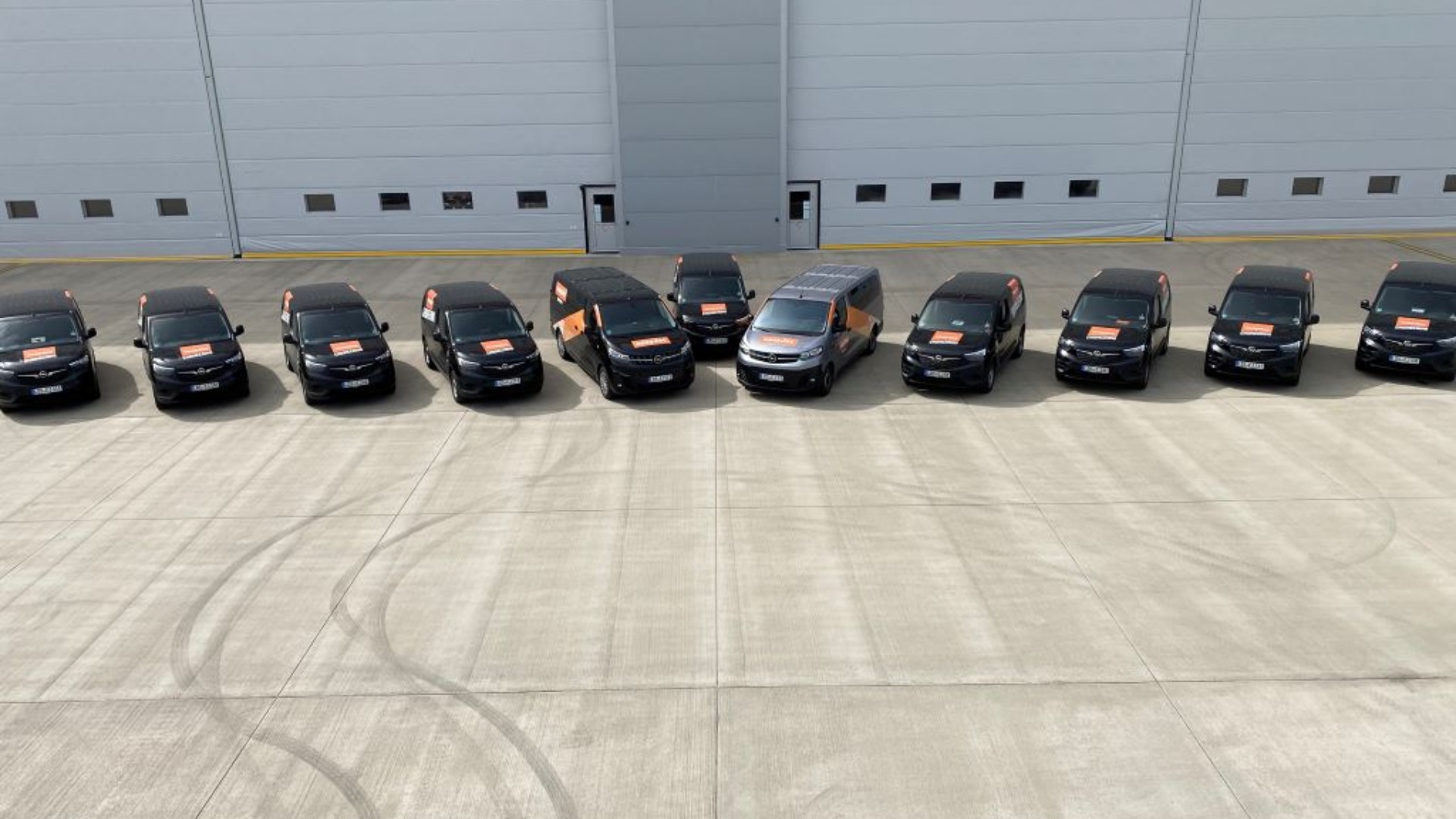
easyJet Transitions to Electric Maintenance Vehicles to Cut Emissions

easyJet is taking significant steps towards sustainability by transitioning to electric maintenance vehicles across its key UK and European bases. This initiative involves replacing older petrol and diesel-powered vans with new electric models, aiming to reduce the airline's engineering fleet emissions by 28%.
Implementation at Major Bases
The rollout of the electric vehicles has begun at easyJet’s major engineering bases, including Berlin Brandenburg, London Luton, Bristol, and Liverpool Airport. In total, 36 electric vans have been deployed, and the airline plans to extend this transition to additional engineering bases in fiscal year 2025. By then, 80% of easyJet’s bases will operate with fully electric maintenance vans.
Environmental Impact
This fleet renewal program is expected to save approximately 54 tonnes of CO2e emissions per year. Jane Ashton, Director of Sustainability at easyJet, emphasized the importance of this initiative: “After a successful, small-scale trial at Berlin Airport last year, our immediate step was to expand on a much bigger scale across our UK and European bases.”
Commitment to Sustainability
Ashton noted that this transition is part of a broader effort to reduce the environmental impact of ground operations. The airline continuously seeks ways to enhance operational efficiencies, integrating fleet renewal for both aircraft and maintenance vehicles, as well as optimizing its fleet through new technologies.
Progress Towards Net Zero
easyJet is actively working towards its Net Zero ambition, as outlined in its roadmap launched two years ago. The airline has already achieved a 5% improvement in carbon intensity in 2023 compared to its baseline year of 2019, showcasing its commitment to sustainability.








